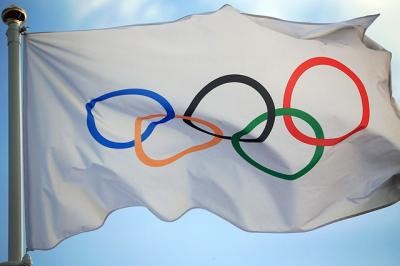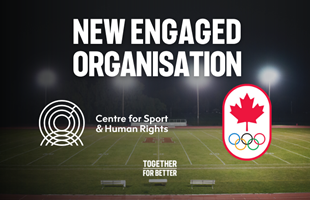The International Olympic Committee and human rights reforms: game changer or mere window dressing?
15 Aug 2018
Author - Tomáš Grell

The International Olympic Committee and human rights reforms: game changer or mere window dressing?
Abstract
In the past few years, the International Olympic Committee has increasingly neglected other than commercial aspects of the Olympic Games. As a consequence, some of the latest editions of the Games were awarded to cities that turned out to be either unable or unwilling to respect and protect human rights of local citizens and other individuals contributing in one way or another to the successful delivery of the Games. One of the reasons why these cities and other entities involved in hosting and staging the Games failed to uphold human rights was that the International Olympic Committee did not explicitly require them to do so. This changed in February 2017 when, following the adoption of the Olympic Agenda 2020 in December 2014, explicit human rights obligations were finally added to the Host City Contract for the 2024 Games. This paper critically examines the International Olympic Committee’s human rights reforms, with a particular focus on the Host City Contract as the core legal document regulating the execution of the Games. It identifies several weaknesses and proposes solutions that could help reduce adverse human rights impacts of the Games. While welcoming the International Olympic Committee’s awareness of human rights risks related to the execution of the Games, the author of this paper remains sceptical that the reforms carried out to date will produce tangible results anytime soon.



